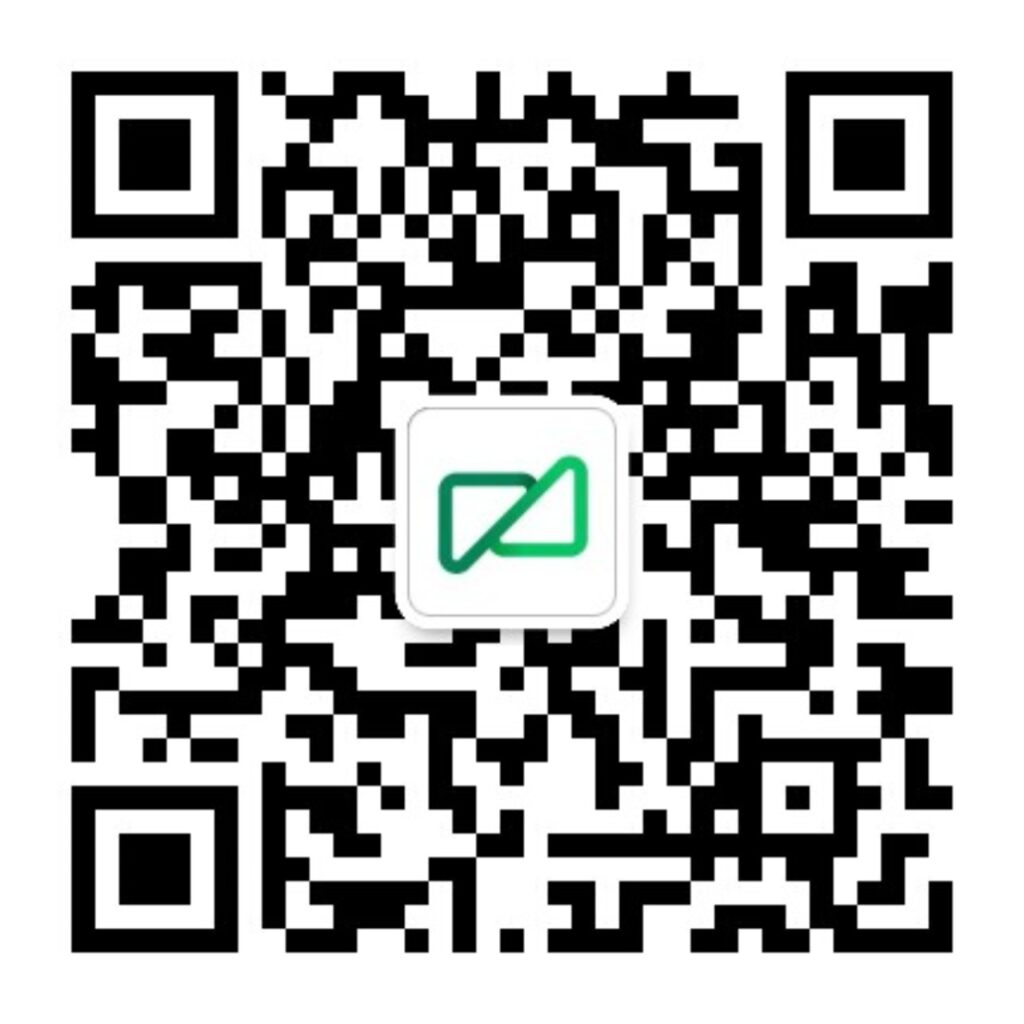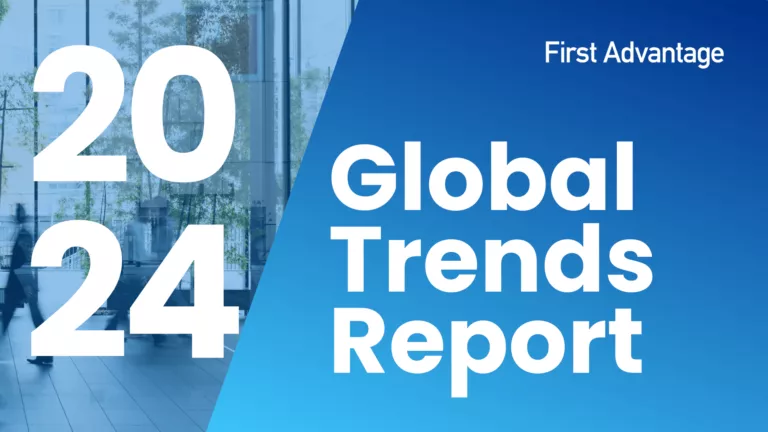CONTRIBUTED BY JESS LEDONNE, ACA CONSULTANT, FIRST ADVANTAGE
The Department of Labor has recently published final rule 2016-24559, solidifying the previously speculative Affordable Care Act (“ACA”) whistleblower-style employee protections. The announcement can be found at the Department of Labor’s website here.
The final rule is intended to discourage employer retaliation against employees who interact with the ACA in a way that calls into question employer mandate compliance.
The Occupational Safety and Health Administration (“OSHA”), which enforces similar protections under many other federal laws and regulations, will also be managing enforcement of the DOL final rule. Final rule 2016-24559 provides a remedy to an employee, former employee, or job applicant where it is demonstrated that he or she engaged in a protected activity (e.g., filing a complaint about employer’s ACA noncompliance, applying for subsidized exchange coverage, or inquiring into employer coverage for an exchange application) and suffered retaliation from the employer. According to the language of the rule, should the employee, former employee, or applicant suffer an adverse employment action suggesting that the employee’s protected activity was a “contributing factor,” the employer bears burden of proof to demonstrate that any employment action taken on these employees was not retaliatory, was unrelated, and was otherwise justified.
The rule states that the protections only apply where the employer “knows or suspects” that the protected action was taken, which will generally come from the employer’s receipt of an exchange notice. These notices, give employers a chance to refute the claim that employer failed to offer sponsored coverage meeting the ACA’s minimum essential coverage, minimum value, and affordability requirements. Exchange notices have already been sent by many federal and state exchanges. To avoid gaining the knowledge of the employee who triggered a notice, employers may choose to immediately forward any envelopes from state or federal exchanges directly to outside counsel, their third-party administrator, or a benefit service provider. This kind of exchange notice outsourcing is a way for employers to take steps to avoid the knowledge required for the employee protections to apply. The employer may also be put on notice by an employee inquiring as to the details of the employer sponsored coverage during the employee’s exchange application process. Where an employee requests the employer assist with completion of exchange coverage application paperwork, it is extremely likely that the ACA’s retaliation protections would apply due to the potential ACA compliance implications.
Although an exchange notice is not a penalty determination, because Section 4980H employer penalties only apply if a full-time employee receives a premium tax credit or a subsidy on an exchange, employees named in such notices are protected from any adverse retaliatory employment action. The kinds of adverse employment actions prohibited by the DOL final rules include termination, intimidation, threatening, restraining, coercing, blacklisting, disciplining, or the adjustment of compensation, hours, terms, conditions, or privileges of employment. Since the first round of exchange notices is currently working through the appeals process, employers very likely already “know” of employees to whom these protections apply, and these final rules demonstrate the care employers must take with any employment actions that could be construed as retaliation in violation of the ACA’s protections.
Contributed by Jess LeDonne, ACA Consultant, First Advantage

 京公网安备 11010502052956号
京公网安备 11010502052956号

